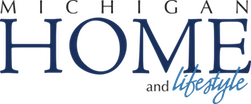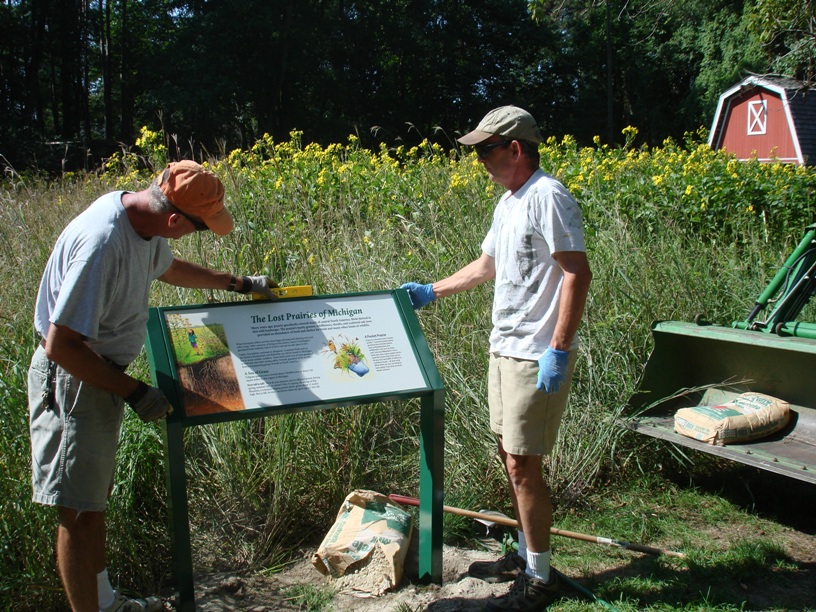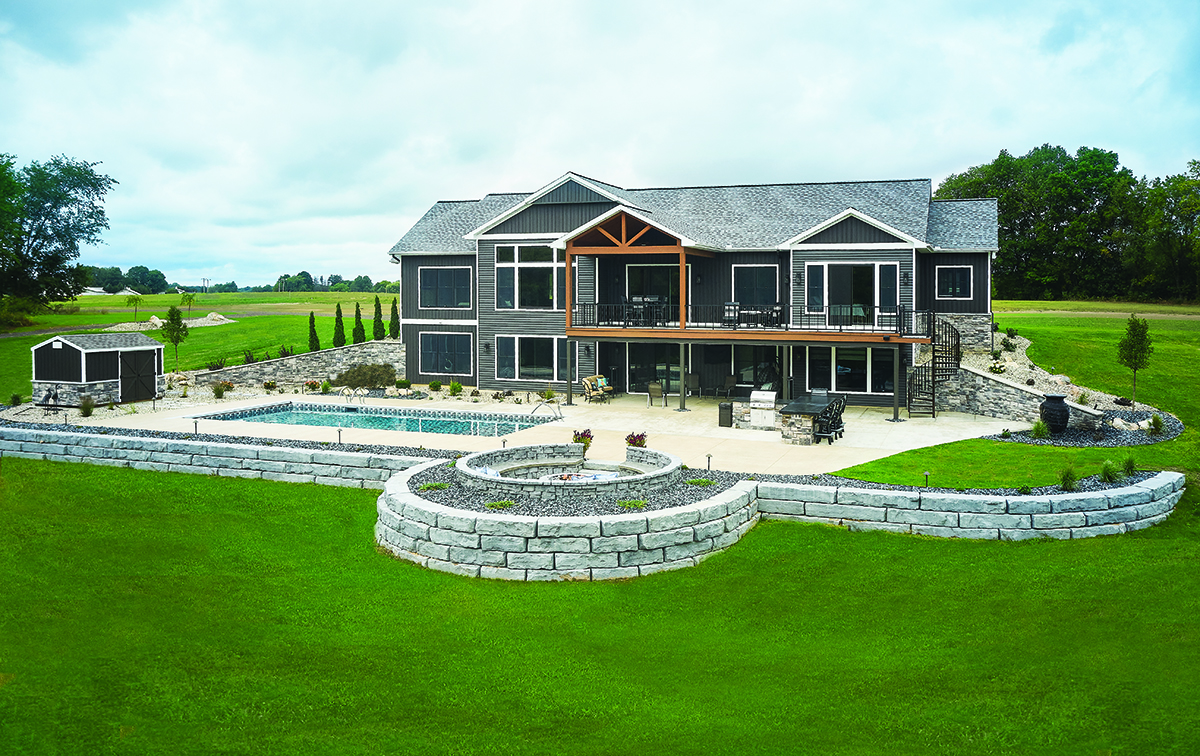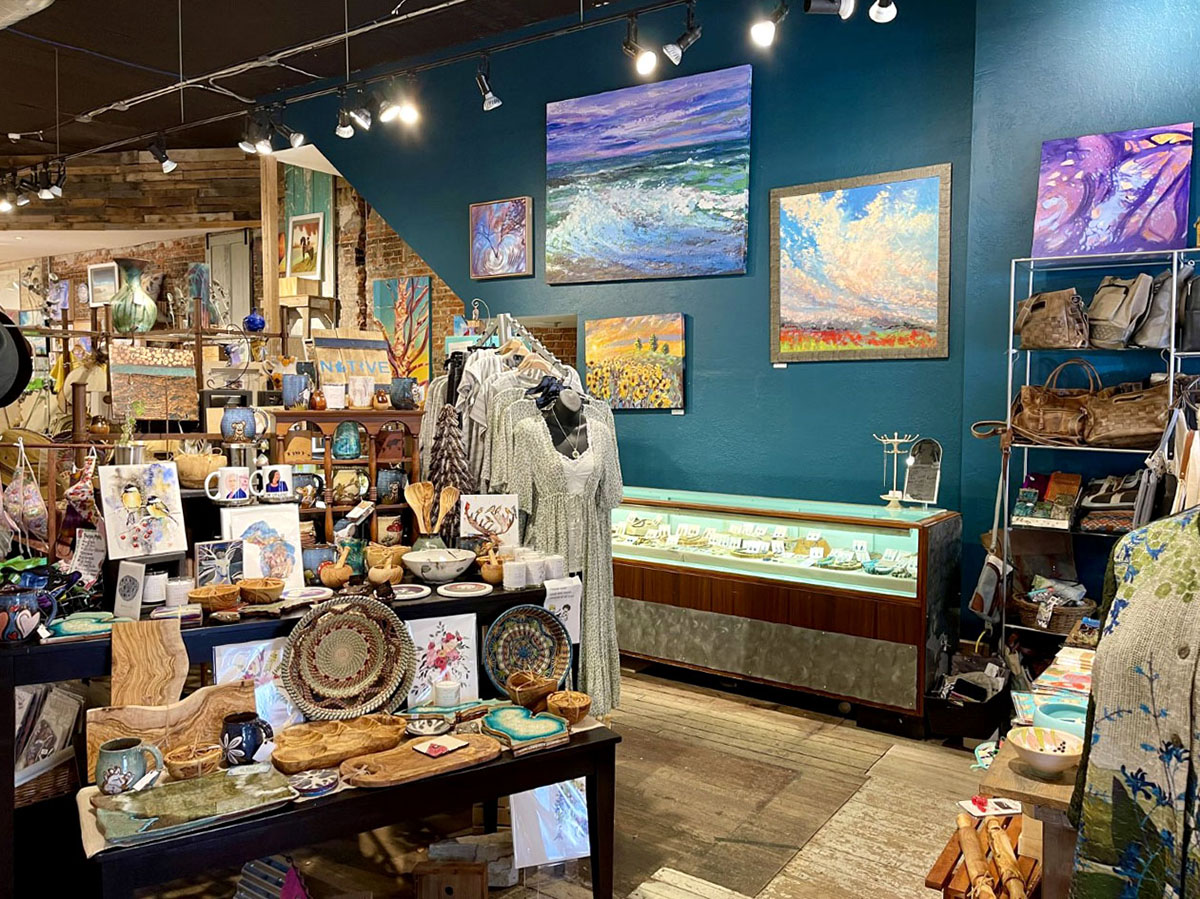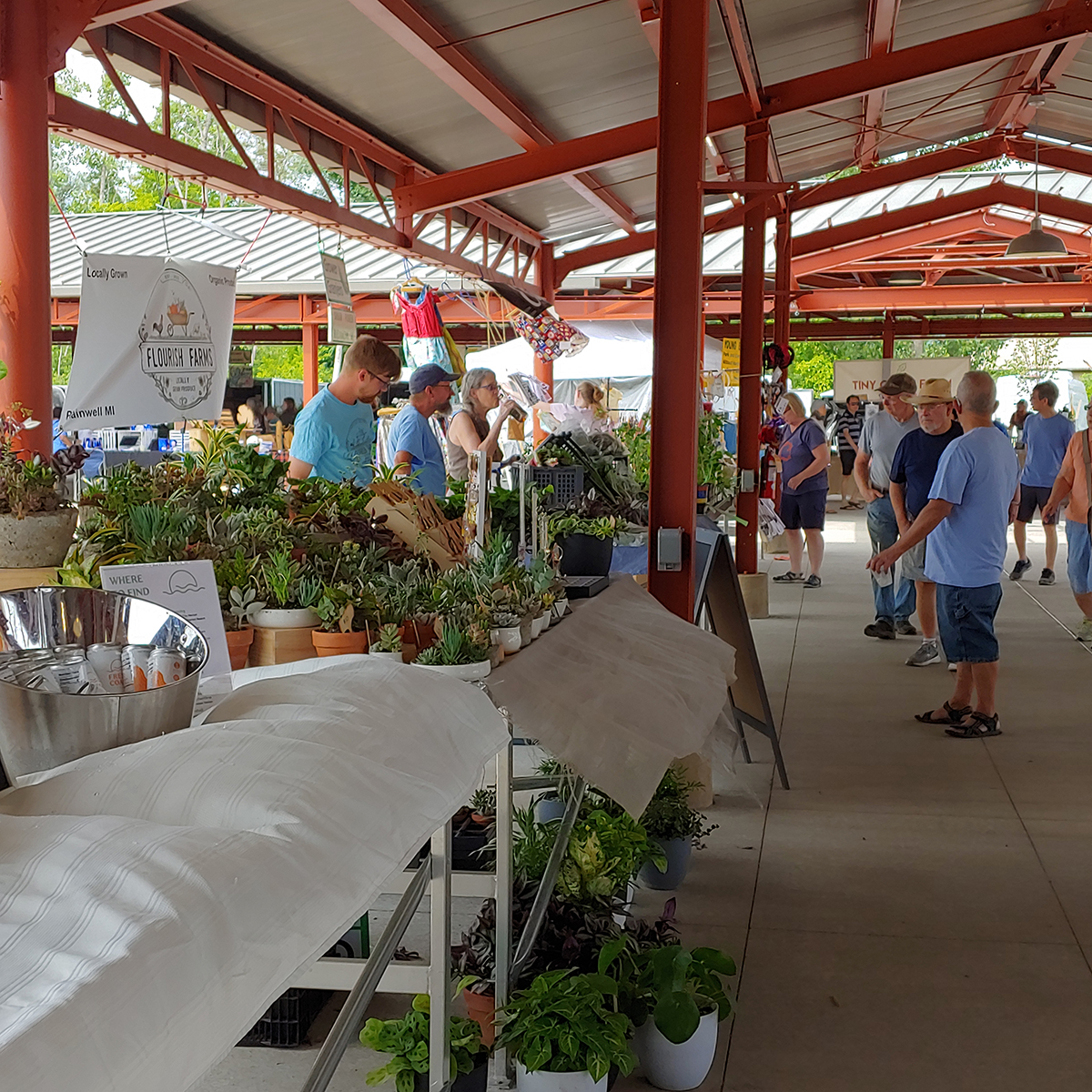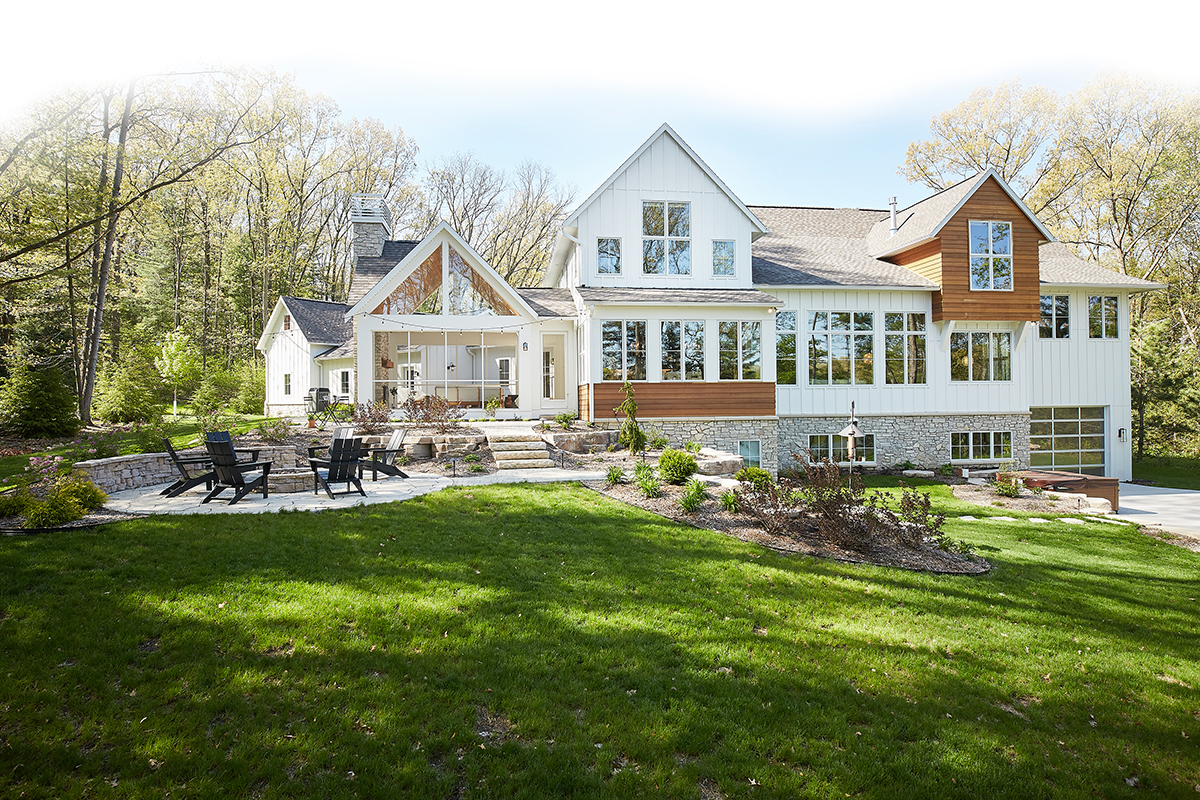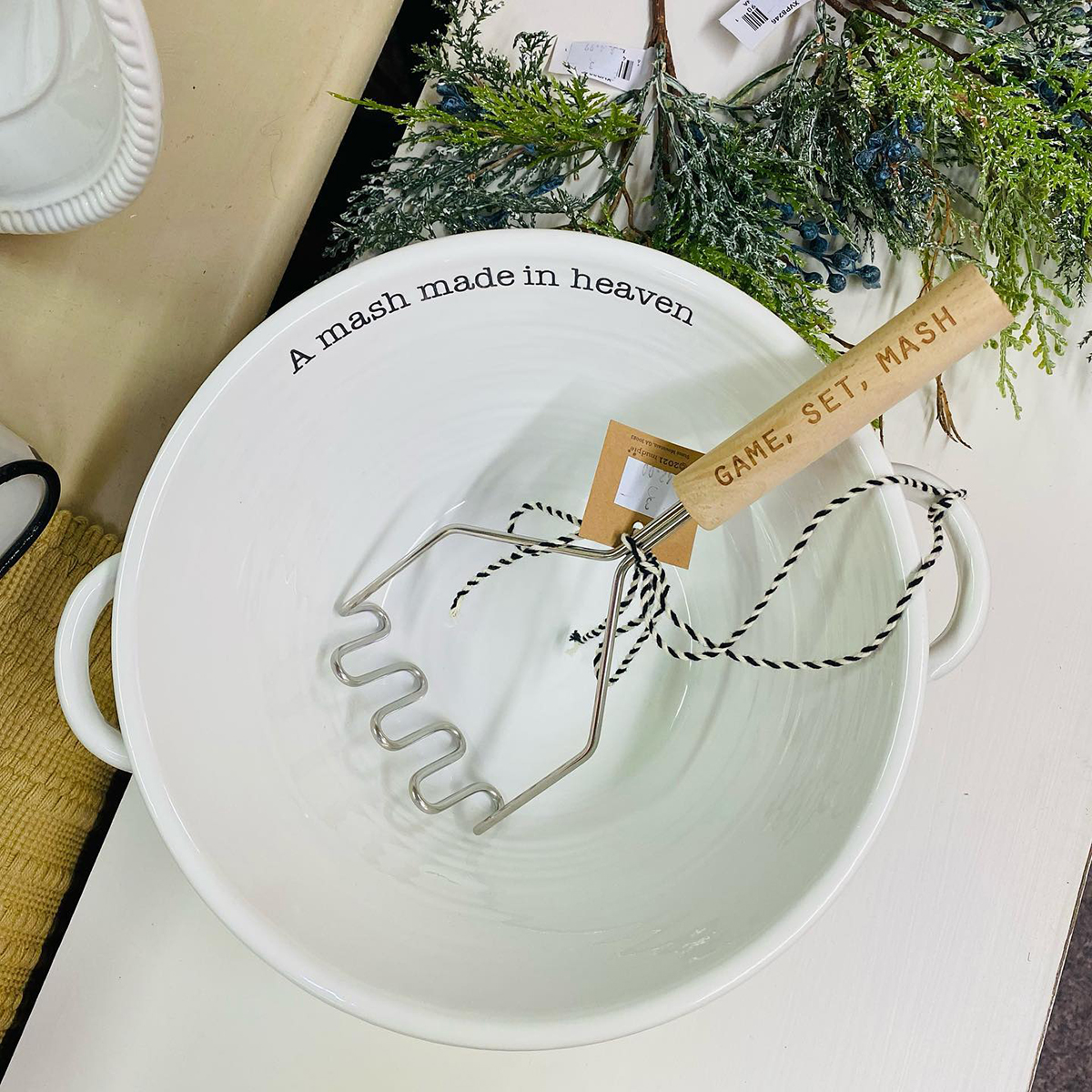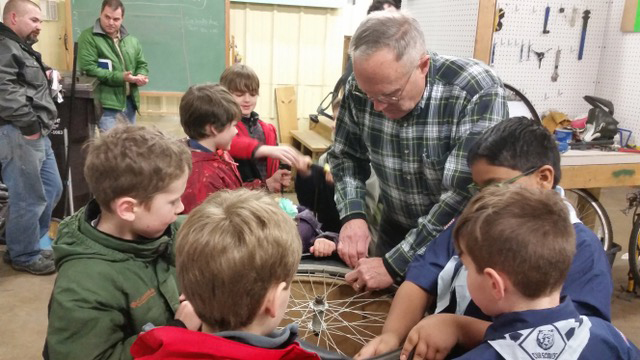WRITER | LISA BECKER CAMPBELL
PHOTOS| BIRDSANCTUARY.KBS.MSU.EDU
“Came the Spring with all its splendor,
All its birds and all its blossoms…”
Longfellow
Welcome spring in Southwest Michigan with an entertaining, educational outdoor adventure at the W.K. Kellogg Bird Sanctuary.
Part of Michigan State University’s W.K. Kellogg Biological Station, this unique wildlife center is located in Augusta. The grounds are open year-round for the public to enjoy up-close views of game birds, birds of prey, and waterfowl.
Guided “Birds and Coffee” walks are slated for February 14 and March 14, from 9:00 – 10:30 a.m. Many species of ducks, herons, geese, and swans can be observed in their natural habitats. Participants enjoy a leisurely hike identifying birds with a staff member and wrap up with a hot cup of bird-friendly coffee.
The W.K. Kellogg Bird Sanctuary also offers many courses, family events, conservation-focused public programs, interpretive tours, and citizen science workshops to the public throughout the year. Two of the spring favorites are the Winter Tree Identification Workshop and the Field Ornithology course.
“The Winter Tree Identification Workshop is a lot of fun for nature enthusiasts because participants learn that we have some trees and shrubs that are green all year while others are not. You just need a few key characteristics of the bark and twigs to ID them correctly,” according to Dr. Danielle Zoellner, the workshop instructor. At the workshop, participants will enjoy a hike in the woods as they learn to identify common Michigan trees using bark and twigs. Informational material and warm beverages are provided.
The Winter Tree Identification Workshop can be used for master gardener continuing credits. The three-hour workshop takes place February 10 at 1:00 p.m., with a cost of $25 for members and $35 nonmembers.
“Field Ornithology is a great class for adults to learn about birds from local scientists, professionals, and bird enthusiasts. Some students have attended every year since the class started, and they always learn something new. It is a great way to meet new people and explore natural areas within your community and learn the love of birds,” according to Lisa Duke, the sanctuary manager.
The 11th Annual Field Ornithology Course begins March 13. This five-week course is for adults and is open to the general public. All birding skill levels are welcome! Lectures are Tuesday evenings from 6:00-8:30 p.m. and complimentary field trips are Saturday mornings at 8:00 a.m.
The course is a hands-on learning experience intended to educate students about the interesting world of birds and improve their bird watching and identification skills. Topics will include bird identification, natural history, behavior, conservation, and more. Lectures are delivered by state or local scientists/experts and include an identification lesson. Experienced local birders lead the field trips to destinations at local birding hotspots, including the W.K. Kellogg Bird Sanctuary, the W.K. Kellogg Experimental Forest, Lux Arbor Reserve, and other areas around Gull Lake.
Course attendees can choose to register to participate in lectures only, field trips only, or both. Fees are $75 for members (either field trips or lectures), or $150 (both field trips and lectures). For nonmembers, they are $90, (either field trips or lectures), or $180 (both field trips and lectures).
History of the W.K. Kellogg Bird Sanctuary
In June 1927, cereal maker W. K. Kellogg purchased the land surrounding Wintergreen Lake, fencing off 180 acres to create the W. K. Kellogg Bird Sanctuary. His goal was to teach an appreciation of the natural beauty of native wildlife while providing a place to breed game birds. In 1928, Kellogg deeded this land to the Michigan State College of Agriculture, which became Michigan State University, with the intention that the Sanctuary would serve as a practical training school for animal care and land management.
Along with the W.K. Kellogg Farm and nearby W.K. Kellogg Experimental Forest, it became part of Michigan State University’s W.K. Kellogg Biological Station. The W.K. Kellogg Bird Sanctuary remains an innovator in wildlife conservation efforts.
Biologists were instrumental in efforts to reintroduce native populations of Canada Goose (Branta Canadensis) and Trumpeter Swans (Cygnus buccinator) to the Midwest. These two are the Sanctuary’s most common inhabitants, often nesting and raising families on Wintergreen Lake.
The Sanctuary has gone through many changes to become what it is today, as the facility continues to carry on its effort in providing “a legacy of conservation; a commitment to sustainability.”
W.K. Kellogg Bird Sanctuary 12685 East C Ave, Augusta, MI 49012 l (269) 671-2510 l birdsanctuary@kbs.mus.edu

